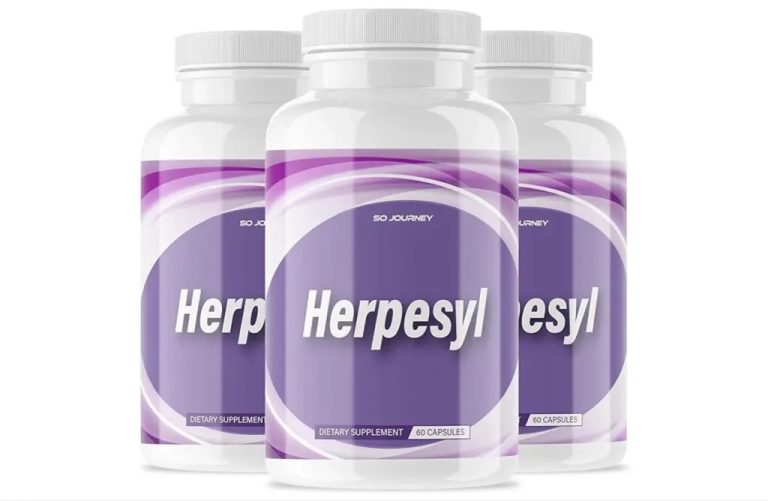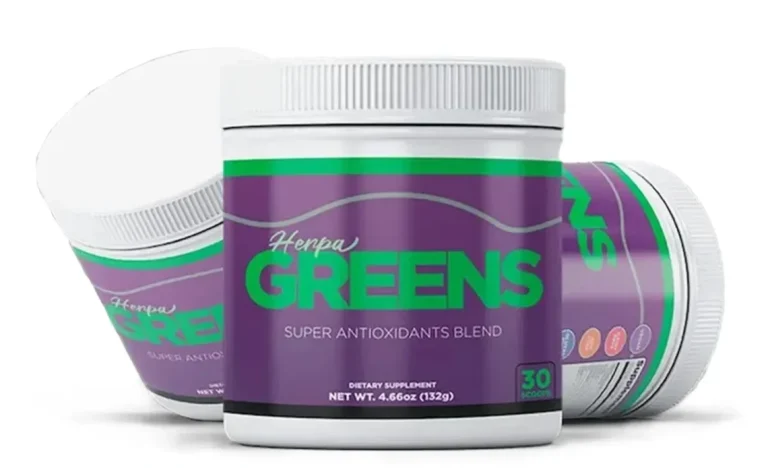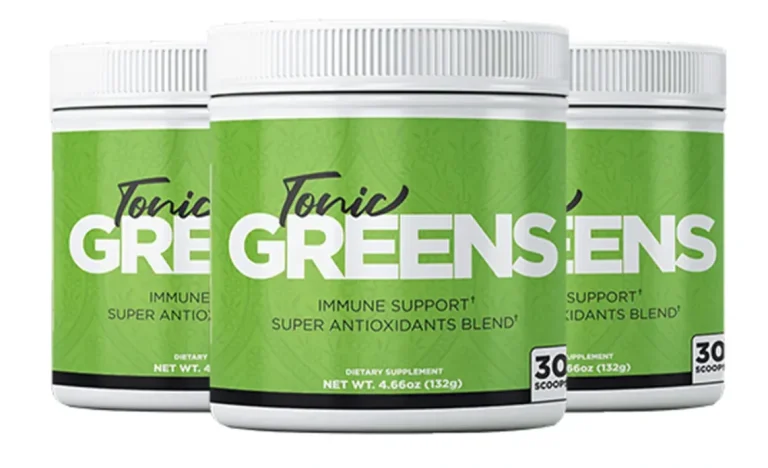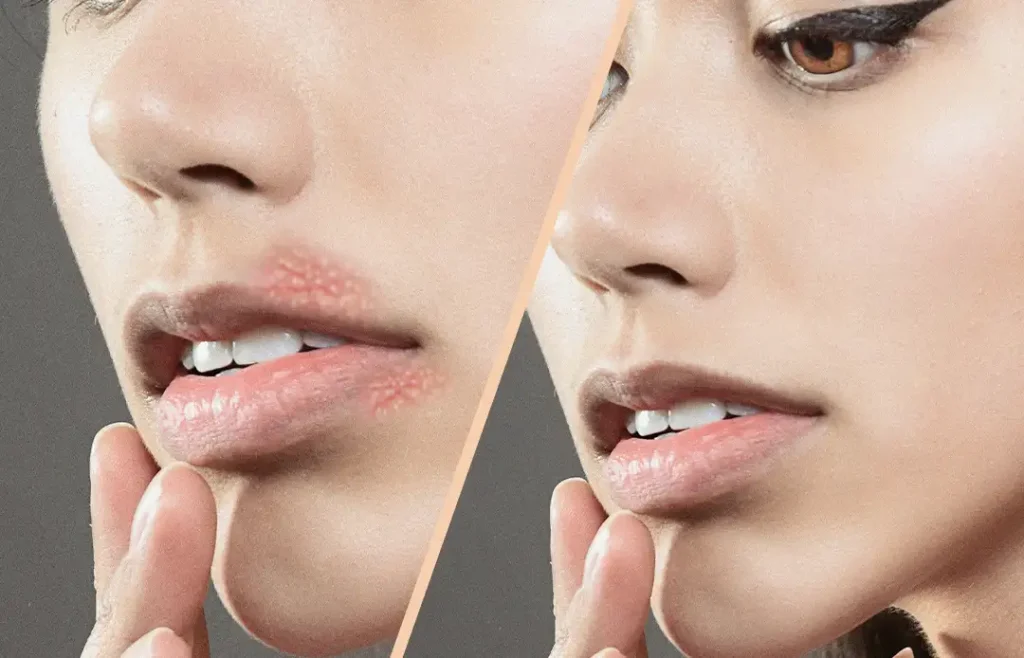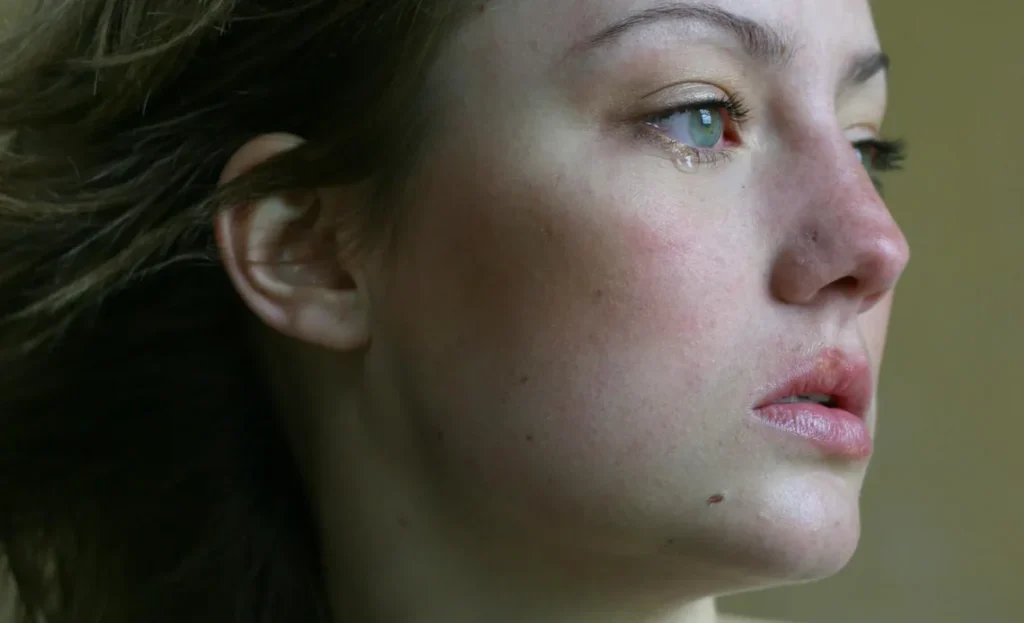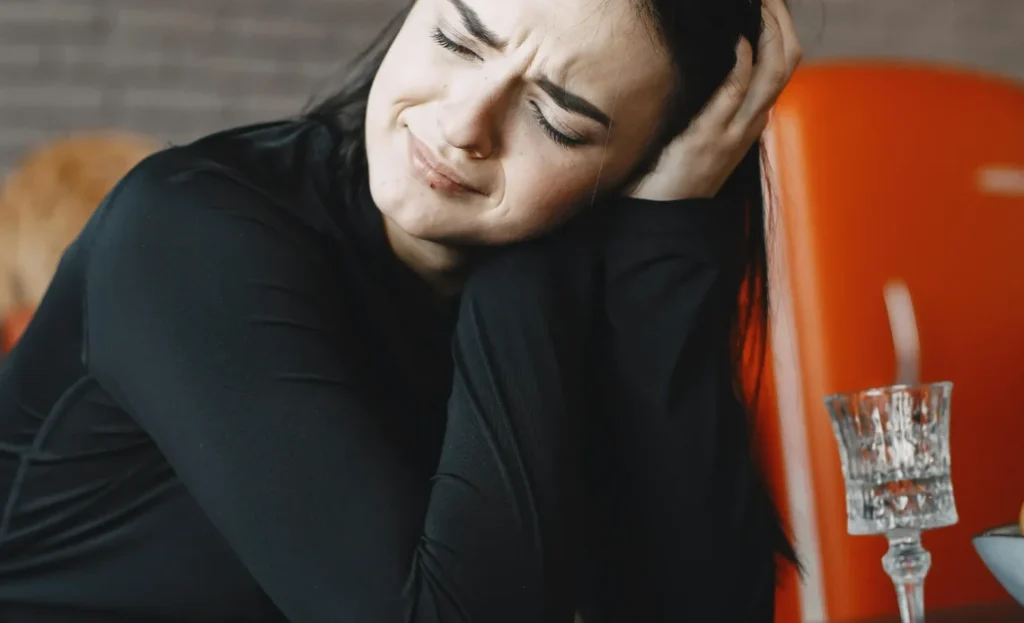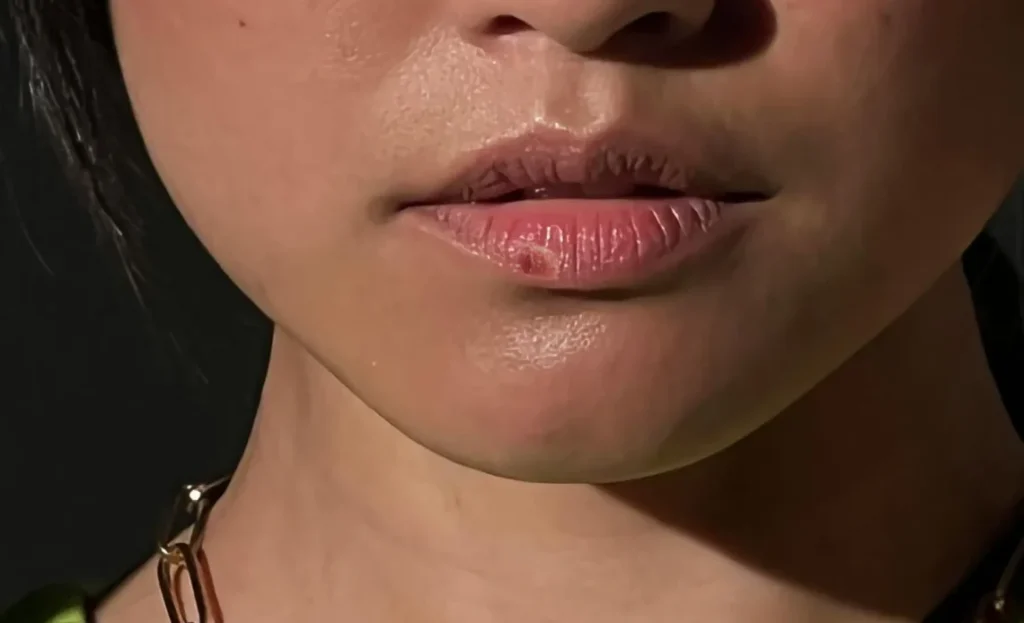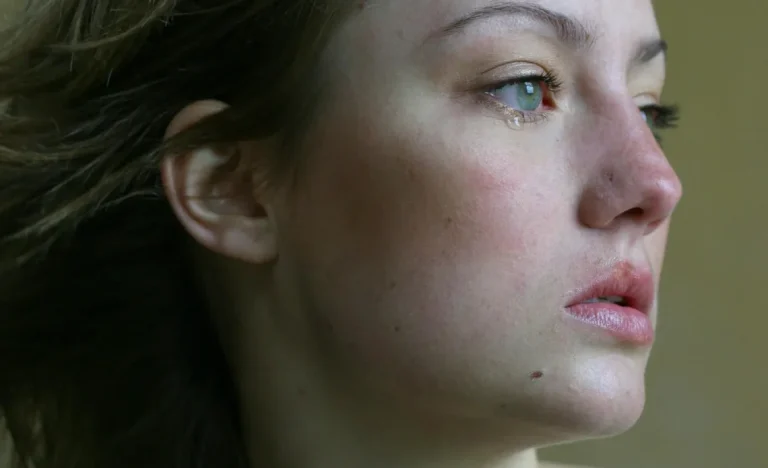Cold sores, also known as fever blisters, are common, harmless lesions that appear on the lips or in the surrounding oral area. These blisters are the result of an infection caused by the herpes simplex virus type 1 (HSV-1). While the term ‘cold sore’ may suggest a connection to colds, they are not caused by the common cold but by this specific virus. HSV-1 is highly contagious and can be transmitted through direct contact, such as kissing or sharing personal items like toothbrushes or eating utensils. Once infected, the virus remains dormant in the body and can reactivate, causing to recurrent sores.
The appearance of these sores is characterized by small, fluid-filled blisters that can be painful and tender. As they heal, they may crust over and typically resolve without leaving a scar. It’s important to note that cold sores are a widespread condition, affecting a significant portion of the population. They are nothing to be ashamed of. Infact, it is estimated that a large number of adults carry the virus, even if they don’t show symptoms.
If you find yourself with a cold sore, remember that it’s a temporary and manageable condition. Over-the-counter Treatments and prescription medications can help alleviate pain and accelerate healing. Moreover, practicing good hygiene and avoiding close contact during an outbreak can prevent the spread of HSV-1.
What are the Conditions

HSV-1 (Herpes Simplex Virus Type 1) is something many of us encounter. Over half of all Americans aged 14 to 49 carry this virus. Let’s break it down:
- Cold sore: HSV-1 is widespread. It’s the culprit behind those pesky cold sores (also known as oral herpes). You might have experienced them, they’re those painful blisters around the lips, mouth, or nose.
- Recurring Infection: Once HSV-1 enters your body, it sticks around for life. It can go into hiding but occasionally pops up for a visit, causing those recurrent cold sores. Think of it as that friend who drops by unexpectedly.
- Immune System and Healing: If your immune system is in good shape, cold sores usually vanish within 10 days. Your immune response is like a superhero here. But if your immune system is a bit sluggish (due to conditions like HIV or certain meds), the cold sores might linger longer.
- Health Conditions Matter: If you have other health issues (like eczema), HSV-1 can be a bit more complicated. Managing overall health helps keep it in check.
Adopt the Precautions if You’re infected

When dealing with a cold sore, time is of the essence. Here’s what to do:
- Early Action: As soon as you feel that telltale tingle or notice any signs of a cold sore (like redness or itching), don’t wait. Begin treatment immediately.
- Topical Antiviral Medication: Opt for a topical antiviral medication. These supplements contain active ingredients that help suppress the virus and reduce the severity of the outbreak.
- Application: Taking the medication on daily basis can heal the cold sore timely. Follow the instructions provided with the product. Consistently taking the medicine can shorten the duration of the cold sore.
- Hygiene: Keep the area clean and avoid touching the sore. Wash your hands thoroughly after applying the medication. Remember, acting swiftly can make a significant difference in how long you have to deal with that pesky cold sore.
What to Avoid
When experiencing a cold sore, the urge to touch or scratch the affected area can be strong. However, it is important to resist this impulse to prevent worsening the condition or causing an infection. It’s important to avoid certain actions that could hinder your recovery. Engaging in these activities may prolong the healing period:
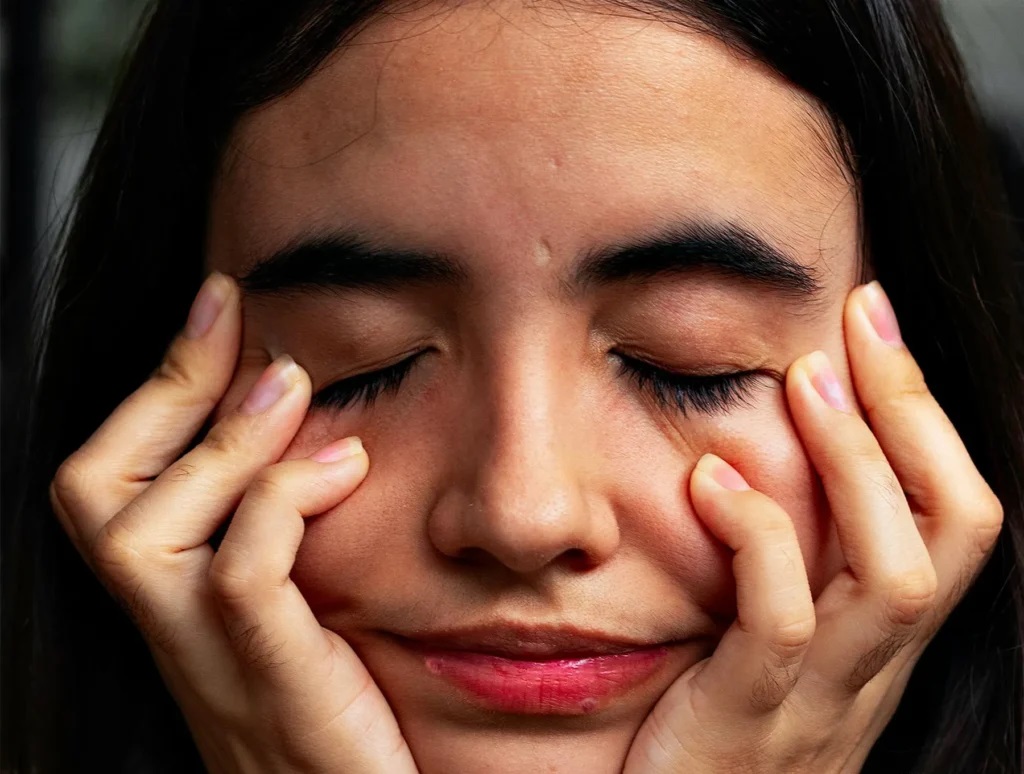
- Tapping at open blister: It’s important to wash your hands right after touching an open blister to prevent passing the virus to others. Be careful not to poke or prod at the sore, as this can transfer bacteria from your hands and lead to infection.
- Avoid to pinch the sore: A cold sore differs from a pimple and should not be squeezed or popped. Attempting to do so will not reduce its size but may release viral fluid onto the skin. This action could inadvertently transfer the virus to another individual. It’s important to handle cold sores gently to prevent spreading the infection.
- Lift the scab: A scab is your body’s natural bandage that covers a wound and shields it from bacteria while the skin underneath heals. It’s formed by blood clotting at the surface and should remain undisturbed to ensure proper healing. Within a few days, the scab will dry out and fall off as new, healthy skin regenerates. Picking at a scab can interrupt this process, potentially causing infection and leading to a scar. It’s important to let the scab be, so the skin can recover fully without complications.
- Wash Intensively: Attempting to remove a cold sore through washing is ineffective and can lead to further skin irritation. Instead, it’s important to treat the area with care, using recommended medications and keeping the affected skin clean and dry. Avoiding harsh cleansers and being mindful of the delicate nature of a cold sore can help manage symptoms and support healing.
- Foreplay: In the presence of an oral blister, it is advisable to abstain from any form of intimate contact that may involve your mouth. It is recommended to wait until the blister has completely healed before engaging in sexual activities again. This precaution helps ensure the well-being of both you and your partner.
- Choose acid-rich Diet: Acidic foods, such as citrus fruits and tomatoes, may provoke a stinging sensation if they interact with a cold sore. It could be beneficial to steer clear of these items and choose more mild options temporarily. This approach can help alleviate discomfort and promote healing during the sensitive period of a cold sore outbreak.


